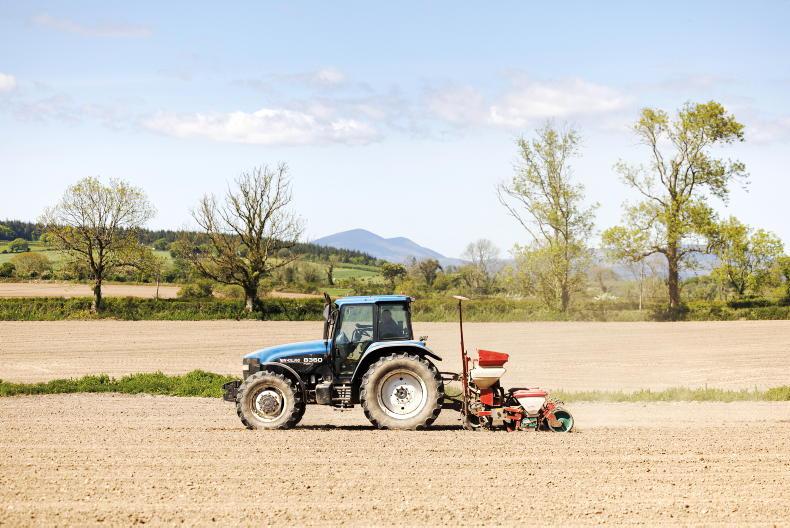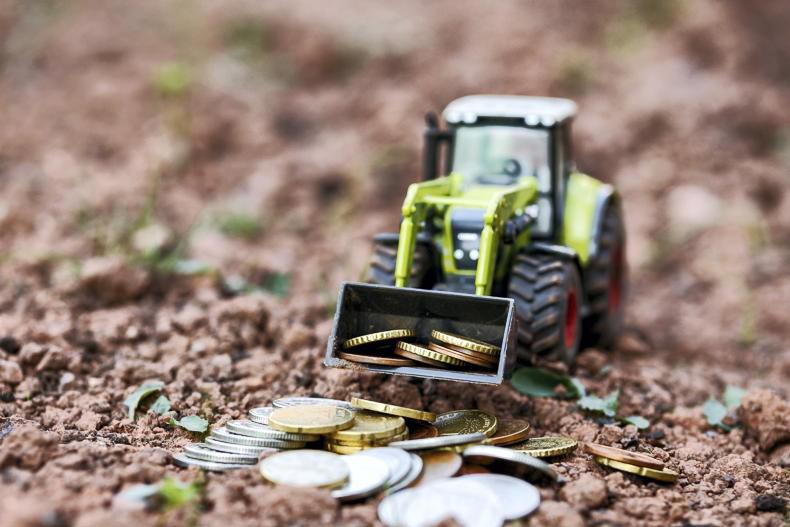“My parents recently transferred the home farm to me. I am married and we have small children. I have been meaning to have a will drawn up but I do not know where to even start. Have you any advice on the matter?”
At the outset, it is important to highlight the unfavourable situation which may arise if you do not make a will. If you leave a spouse and children surviving, your spouse inherits two-thirds of all your assets and one-third goes to your children equally. If you have children but no spouse (if your spouse predeceased you), your entire estate will automatically be divided up among all your children. This may create legal and tax complications down the line, if all the children cannot agree on how the land is to be farmed as each would have an equal share in the ownership of the farm.
If you have a young family, it is important to highlight that it is not necessary to specify at this stage what child is to get what when drawing up your will. It would be impossible to make this type of decision when children are young. For this reason, it would be advisable to draw up a will providing that all your assets will pass to your surviving spouse but in the event that your spouse does not survive you by 30 days, that the assets are to be left on trust until the children reach a certain age, for example 21 years.
Where do I start?
The most popular trust in a farming situation is a discretionary trust. This type of trust is especially useful where children are young and time is needed to see which, if any, of the children might be interested in taking up farming. You need not choose now who is to inherit the farm; rather, list out potential people who might inherit – your children, for example – and it is left up to the trustees to decide which child or children gets what once the children reach a certain age. This may mean that some children will receive more than others – that is up to the trustees to decide and often depends on what interests the children develop as they mature, eg pursing a farming career.
Guardians and trustees
If you have children under 18 years of age, your will should give directions for the care of those children and how they are to be provided for. A guardian is the person you select to take over your role as parent in rearing your children until they are 18 years of age.
People often choose a brother or sister (and their spouse/partner) to fulfill this role and it would be worth discussing this with your sibling before you appoint them under your will. The trustee will be responsible for looking after the assets of your estate and as they may have significant discretion and power under a discretionary trust as to how to deal with the farm and how the farm assets will ultimately be divided up, it is important to choose wisely.
An executor is the person responsible for carrying into effect the terms of your will. The same person/people can be appointed as guardians, trustees and executors under the will and it is recommended to appoint at least two people.
Drafting the will
While you do not need a solicitor to draft and execute a will, it is generally recommended that you obtain legal and tax advice, as the consequences of making mistakes can be significant.
There is a very helpful guidance note and sample questionnaire available on www.lawsociety.ie, which can serve as a starting point in deciding what to put in your will.
It is important that after your death your executors will be able to find details of all your assets and know where to find bank accounts, farming records, shares/savings certificates, deeds, life insurance policies and all relevant financial information.
Legal right share
The law provides that your spouse or civil partner has a legal right to half of your estate where you have no children. If you have children, your spouse or civil partner is entitled to one-third of your estate.
However, a spouse can renounce their entitlement to claim their legal right share. Your spouse or civil partner also has a right to require that the family home and household contents be included in his/her share (and the share of children under the age of 18). Your children are not automatically entitled to any part of your estate but they may apply to court if they deem that you have failed in your moral duty to make proper provision for them in accordance with your means, taking into account their position in life. Thus, it is important to bear this in mind when drawing up your will.
If you do not have a will and would be concerned by the prospect of your farm being left equally among your children, you should ensure that you get a will trust drawn up as soon as you can to prevent a potential family fall out down the line.










SHARING OPTIONS